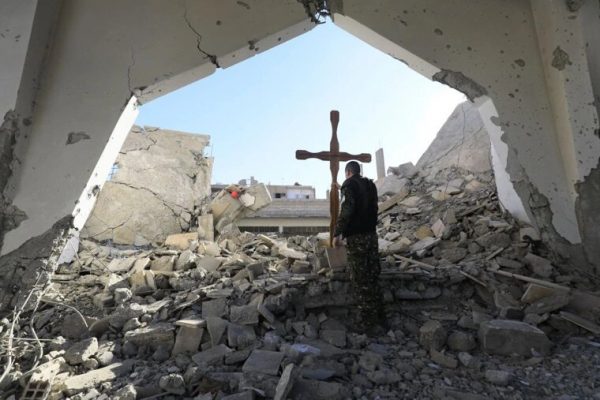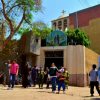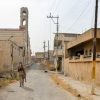To observe the annual International Day of Prayer for the Persecuted on Sunday, churches around the world are praying for more than 340 million Christians who are persecuted or oppressed because of their faith.
Marking the IDOP 2021, the U.S.-based persecution watchdog group International Christian Concern said, “the number one thing persecuted Christians ask for is prayer.”
“The IDOP is a time set apart to remember all those who share our faith, but not our freedom,” Godfrey Yogarajah, ambassador for Religious Freedom of the World Evangelical Alliance, said.
The WEA Religious Liberty Commission launched the first IDOP in 1996, encouraging churches worldwide to dedicate a Sunday in November to pray for persecuted Christians.
“For over two decades, every November, the global Church has united in prayer for our persecuted brothers and sisters around the world. Today, more than 300 million Christians live in places where they face persecution for their faith in Jesus Christ. Staggeringly, this is one in eight Christians, globally,” said WEA Secretary General Thomas Schirrmacher.
Speaking to CBN News, David Curry, president and CEO of Open Doors USA, put the number of Christians who are persecuted or oppressed because of their faith in Jesus at more than 340 million.
“Some of those places like North Korea are exceptionally difficult if you’re caught with the Bible, you may spend the rest of your life in prison or even lose your life,” he explained. “Then there are other places around the world where the Gospel is opposed. You may be harassed and bothered, so there are any number of ways people can be persecuted for their faith.”
Behind each number and statistic, there is a human story, notes the World Watch List, which seeks to identify countries where Christian persecution is most rampant.
During the lockdown due to the coronavirus pandemic, Christians in India, Myanmar, Nepal, Vietnam, Bangladesh, Pakistan, Central Asia, Malaysia, North Africa, Yemen and Sudan, were denied aid, the World Watch List says.
“Christians who abandon a majority faith to follow Christ know they risk losing all support from spouses, families, tribes and communities, as well as local and national authorities. If they lose income due to COVID-19, they can’t fall back on customary networks for survival,” it continues, adding that the kidnapping, forcible conversion and forced marriage of women and girls also increased during the pandemic because of increased vulnerability.

















